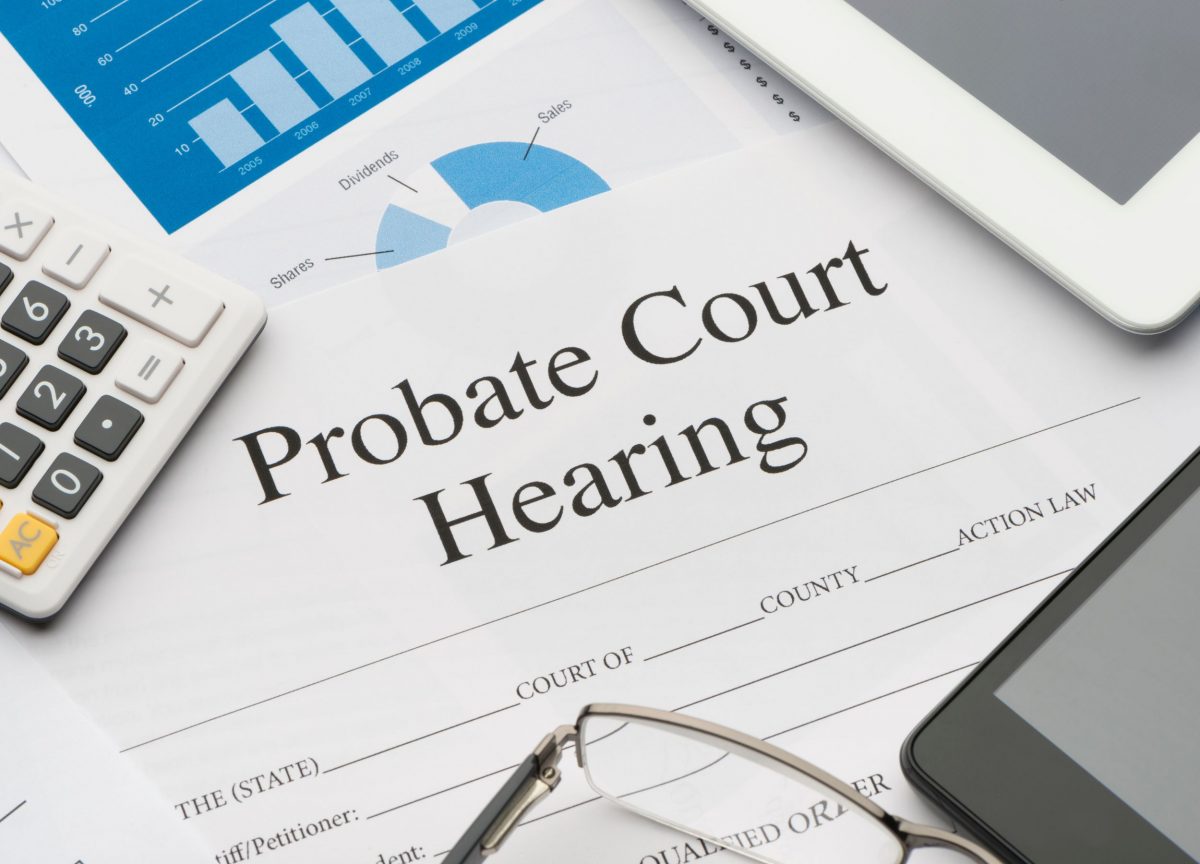Creating a trust is a crucial step in estate planning, ensuring that your assets are managed and distributed according to your wishes. However, more than establishing a trust is required; you must also fund it. Funding a trust involves transferring assets into the trust, making them subject to the terms and management outlined in the trust document. Without funding, your trust remains an empty shell, unable to fulfill its intended purpose. This blog will walk you through the process of funding a trust, covering various asset types and providing practical tips to ensure that your trust is correctly set up to protect your legacy.
Why Funding a Trust is Essential
Before diving into the how-to, it’s essential to understand why funding a trust is so critical. When you fund a trust, you transfer ownership of your assets from your name into the name of the trust. This process has several key benefits:
- Avoidance of Probate: One of the primary advantages of a trust is that assets placed in a trust typically avoid the probate process, which can be lengthy, costly, and public. By funding your trust, you ensure that your beneficiaries can receive their inheritance more quickly and with fewer legal hurdles.
- Control Over Distribution: A trust empowers you to dictate exactly how and when your assets are distributed to your beneficiaries. Whether you want to provide for minor children, protect a loved one with special needs, or stagger distributions over time, funding your trust gives you the control to do so.
- Protection from Creditors: In many cases, assets in a properly funded trust may be shielded from creditors, lawsuits, or divorce settlements, providing a robust layer of security for your estate.
Step 1: Identify the Assets to Transfer
The first step in funding a trust is to identify the assets you wish to transfer into the trust. These assets can include:
- Real Estate is often one of the most valuable assets people transfer into a trust. It includes your primary residence, vacation homes, rental properties, and any other real property you own.
- Bank Accounts: Checking, savings, and money market accounts can all be transferred into a trust. However, some funds should be kept in personal accounts for day-to-day expenses.
- Investment Accounts: Stocks, bonds, mutual funds, and other investment accounts are commonly transferred into a trust. This ensures that these assets are managed according to your wishes after your death.
- Retirement Accounts: While retirement accounts like IRAs and 401(k)s are not typically transferred into a trust due to tax implications, you can name the trust as a beneficiary, ensuring the assets are managed according to your trust’s terms upon your death.
- Life Insurance Policies: You can transfer a life insurance policy ownership to your trust or name the trust as the beneficiary. This ensures that the proceeds are distributed according to your estate plan.
- Personal Property: Valuable personal property, such as jewelry, artwork, and antiques, can also be transferred into a trust. This requires careful documentation to ensure the transfer is recognized.
- Business Interests: If you own a business, you can transfer your ownership interest into the trust. This can be complex and require amending operating or shareholder agreements, so consult with a professional.
Step 2: Re-title Your Assets
Once you’ve identified the assets to transfer, the next step is to retitle them in the trust’s name. The specific process varies depending on the asset type.
1. Real Estate
To transfer real estate into a trust, you’ll need to execute a new deed that transfers ownership from your name to you as trustee of your trust. This deed must be recorded with the appropriate county recorder’s office. It’s often best to work with an attorney to ensure the deed is drafted correctly and recorded.
2. Bank and Investment Accounts
For bank and investment accounts, you’ll need to contact the financial institutions holding the accounts. They will require you to complete paperwork to change the account ownership to the name of the trust (you as trustee). Be prepared to provide a copy of the trust document or a Certification of Trust.
3. Personal Property
Personal property can be transferred into a trust through a bill of sale or an assignment of property, depending on the item. For items with titles, like vehicles, you’ll need to re-title the car in the name of the trust at your local Department of Motor Vehicles (DMV). Other personal property may be transferred via a Personal Property Memorandum.
4. Business Interests
Transferring business interests to a trust requires reviewing and possibly amending the business’s operating or shareholder agreement. You’ll then execute an assignment of ownership interest to the trust.
Step 3: Designate Beneficiaries
In cases where transferring the asset into the trust is not advisable or feasible—such as with retirement accounts or certain life insurance policies—you can name the trust as the beneficiary. This ensures that the asset will be transferred to the trust and managed according to the trust’s terms upon your death.
You may designate the trust as a primary or contingent beneficiary for retirement accounts. Be aware that naming a trust as the beneficiary of a retirement account can have significant tax implications, so it’s essential to consult with a tax advisor or estate planning attorney.
Step 4: Update Beneficiary Designations
If you have other assets with beneficiary designations—such as life insurance policies, annuities, or payable-on-death (POD) accounts—you may want to update these to name the trust as the beneficiary. This ensures that these assets are managed according to your trust’s terms and are not subject to the probate process.
Step 5: Review and Update Your Trust Regularly
Funding your trust is not a one-time event. As your financial situation changes, you acquire new assets, or your estate planning goals evolve, you must update your trust and ensure that all relevant assets are appropriately titled in the trust’s name. Regular reviews with your estate planning attorney can provide you with the reassurance that your trust is always up to date.
Step 6: Consult with Professionals
Funding a trust can be a complex process, and it’s crucial to get it right to ensure your estate plan functions as intended. Working with professionals—such as an estate planning attorney, financial advisor, and tax professional—can provide the expertise needed to navigate the process smoothly.
We’re Here To Ensure a Smooth Transition
Funding a trust is critical in ensuring that your estate plan is fully operational and capable of achieving your long-term goals. By carefully selecting assets, re-titling them into the trust, and regularly reviewing your estate plan, you can ensure that your legacy is protected and your loved ones are provided for according to your wishes. While the process can seem daunting, taking it step by step and seeking professional guidance can make it manageable and ultimately rewarding. Contact us today to get started.
This article is a service of August Law, a Personal Family Lawyer® Firm. We don’t just draft documents; we ensure you make informed and empowered decisions about life and death, for yourself and the people you love. That’s why we offer a Life & Legacy Planning™ Session, during which you will get more financially organized than you’ve ever been before and make all the best choices for the people you love.
The content is sourced from Personal Family Lawyer® for use by Personal Family Lawyer® firms, a source believed to be providing accurate information. This material was created for educational and informational purposes only and is not intended as ERISA, tax, legal, or investment advice. If you are seeking legal advice specific to your needs, such advice services must be obtained on your own separate from this educational material.




